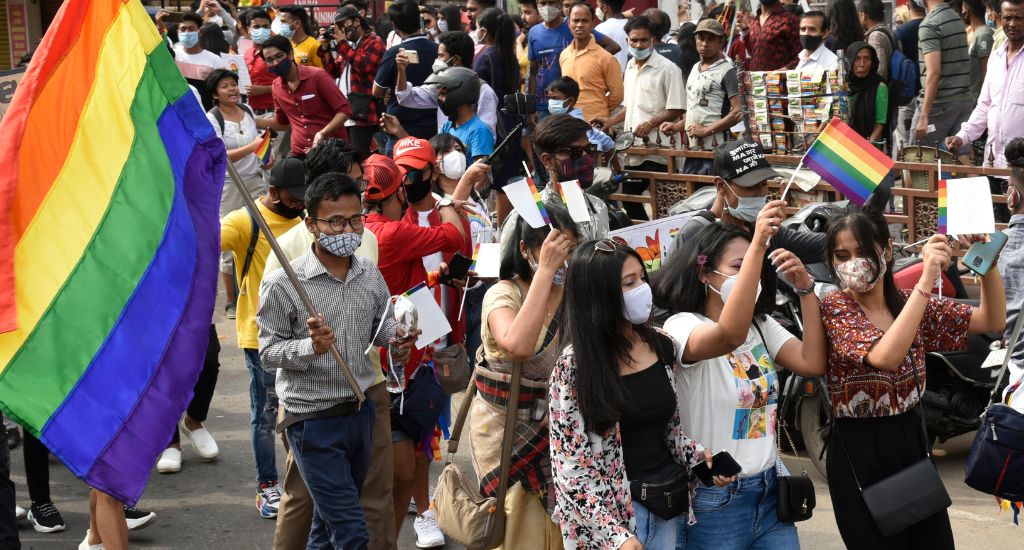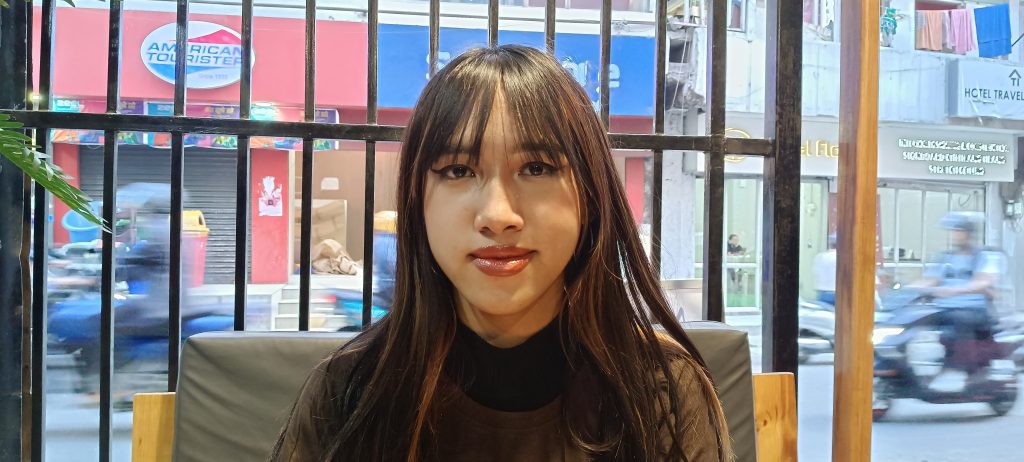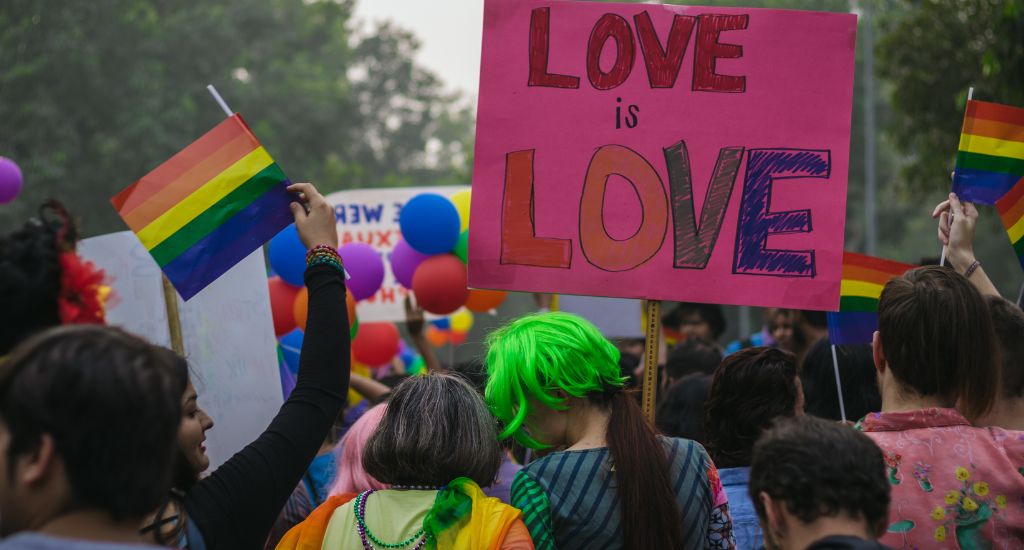
Not all rainbows for trans people in Mizoram
Bullying and trolling of the LGBTQ community in Mizoram have led to stalling of a project to build shelter homes for abandoned, homeless trans people.

Bullying and trolling of the LGBTQ community in Mizoram have led to stalling of a project to build shelter homes for abandoned, homeless trans people.
A Mizo proverb talks about a kernel of grain being smashed between two grindstones. In English, the phrase is being caught between a rock and a hard place. Jojo Lalchhanda, a 21-year-old hairstylist in Mizoram’s capital city Aizawl, knows both well.
Jojo goes by the generic singular “she” instead of the gender-neutral pronoun “they”. Born a boy in Christian-majority Mizoram, Jojo struggled miserably with gender discomfort since childhood when she started dressing up like a girl.
“My parents were aghast. They scolded me and tried talking me out of it. They stopped my pocket money. But I didn’t give in. We make a choice to live the way we want to, right?” she said.
Family relationships play a crucial role in the well-being of children with gender dysphoria, the unease, and distress that occurs when a child’s biological sex does not match his/her gender identity.
But even parents who have good intentions may not really understand why their kid is acting or appearing in gender non-conforming ways.
Jojo faced a steeplechase of challenges early on: stigma, discrimination, and rejection within her family, and these carried into her adulthood. Out on the street, bullying remained a daily reality. “I am disturbed and frustrated by the abuses thrown at me for being a transwoman,” she said.
Attitudes have become substantially more liberal in the past 20 years, but that had little impact on the entrenched homophobia – particularly in Jojo’s scenic hilly homeland in the Northeast, where traditional values often clash with modern views on LGBTQ rights.
Public sentiments are ambiguous in this hill state of just over a million people. Some view transgender people as the result of bad karma from previous lives. Many are made to believe that they suffer from an illness that can be cured.

Jojo believes the only cure is to leave Mizoram for good.
Fellow hairstylist Clalruatkima – or Kim to her friends – shuts the world with earphones and loud music whenever “she” is out on the streets running errands or walking to work. She has become inured to the sideways glances of looky-loos, whistles, catcalls, and abusive innuendos.
“The street bullying affects me no more. I want to live like a woman. What’s the harm? This is my life. But society doesn’t allow that,” she said.
Kim is articulate, but her right to be heard seldom gets past the wall of anti-gay prejudice. Reasoning falls on deaf ears and many LGBTQ people remain closeted for fear of violence.
“Social castigation is so high that many members of our community refuse to come out. Those who dare are heaped scorn by their families. Parents and siblings stop talking to them,” Kim said.
India has legalised homosexuality, and there are more young people coming out. The country staged its first “Queer Pride Parade” in New Delhi in 2008, and has done so every year since.
But legalising homosexuality didn’t halt the prejudice trans people face.
“Our lives have not changed. We are not treated equally,” said Kolkata-based Ranjita Sinha, a member of the National Network of Transgender Persons.
Mizoram is a paradox. At 91.33%, it has one of the highest literacy rates in the country and is a highly progressive society open to modern views. Still, it eyes transgender people with deep suspicion and hate.
Hostility towards the community is so strong that the Mizoram government had to scrap a project to build shelter homes for abandoned and homeless LGBTQ people, last December.

The decision was taken following strong resistance from the Central Young Mizo Association (CYMA), a non-government organisation.
The National Human Rights Commission (NHRC) had ordered states to build such homes, called Garima Grihas, to provide shelter and basics like food, medical care and recreational facilities.
The aim is to build a support system that will help transgender people in the 18-to-60 age group develop job skills during their stay, which can be for a year.
“It is against our society and religious beliefs. We cannot allow such things in Mizoram. It will have a bad impact on our society,” said Pu Vanlalruata, former president of CYMA.
He refused comments about job discrimination, harassment by society, and ostracism by families as well as physical assault that trans people face.
Jojo hopes she doesn’t have to think again about moving out of her birthplace. But her hopes sink every time she’s forced to jump through arbitrary hoops and barriers, compelling her to despair over the grudging pace of acceptance for transgender people.
The lead image at the top shows Mizoram’s trans people believe that the only way they can stop receiving hate is by leaving Mizoram for good (Photo by Talukdar David,Shutterstock)
Gurvinder Singh is a journalist based in Kolkata.